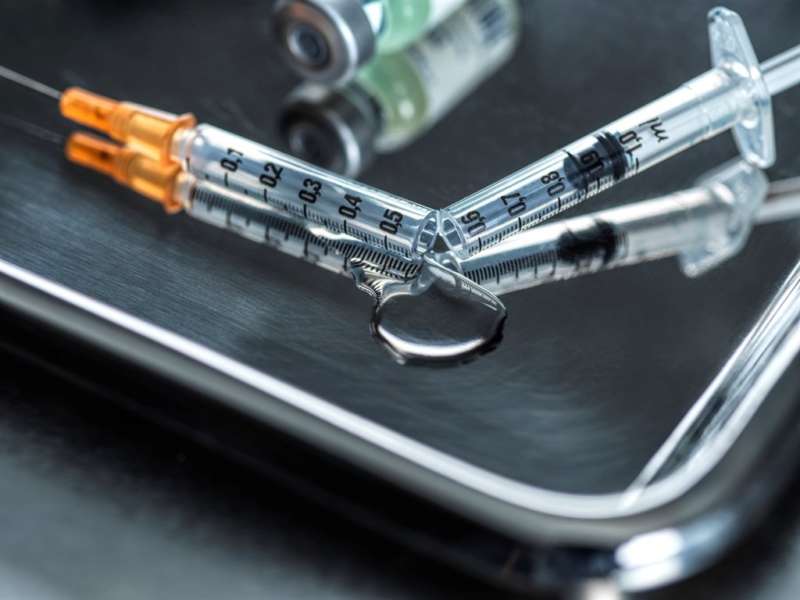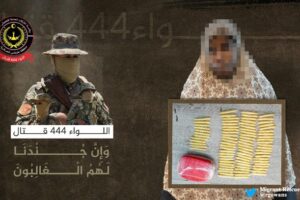WHO endorses use of first ever malaria vaccine for children
The World Health Organisation on Wednesday endorsed the RTS,S-AS01 malaria vaccine for children, the first against the mosquito-borne disease that kills more than 400 000 a year.
The World Health Organisation on Wednesday endorsed the RTS,S/AS01 malaria vaccine for children, the first against the mosquito-borne disease that kills more than 400 000 a year.
The decision followed a review of a pilot programme deployed since 2019 in Ghana, Kenya and Malawi where more than two million doses were given of the vaccine, first made by the pharmaceutical company GSK in 1987.
After reviewing evidence from those countries, WHO said it was “recommending the broad use of the world’s first malaria vaccine”, the agency’s director-general Tedros Adhanom Ghebreyesus said.
The WHO said in a statement it was recommending the widespread application of the vaccine among children in sub-Saharan Africa and other regions with moderate to high malaria transmission.
WHO endorses use of first ever malaria vaccine for children
Many vaccines exist against viruses and bacteria but this was the first time that the WHO recommended broad use of a vaccine against a human parasite.
“From a scientific perspective this is a massive breakthrough,” said Pedro Alonso, Director of the WHO Global Malaria Programme.
The vaccine acts against Plasmodium falciparum – one of five parasite species and the most deadly.
Malaria symptoms include fever, headaches and muscle pain, then cycles of chills, fever and sweating.
Every two minutes, a child dies of malaria, according to the World Health Organization.
Before the newly recommended vaccine can reach African children, the next step will be funding.
“That will be the next major step… Then we will be set up for scaling of doses and decisions about where the vaccine will be most useful and how it will be deployed,” said Kate O’Brien, Director of WHO’s Department of Immunization, Vaccines and Biologicals.











Add Comment